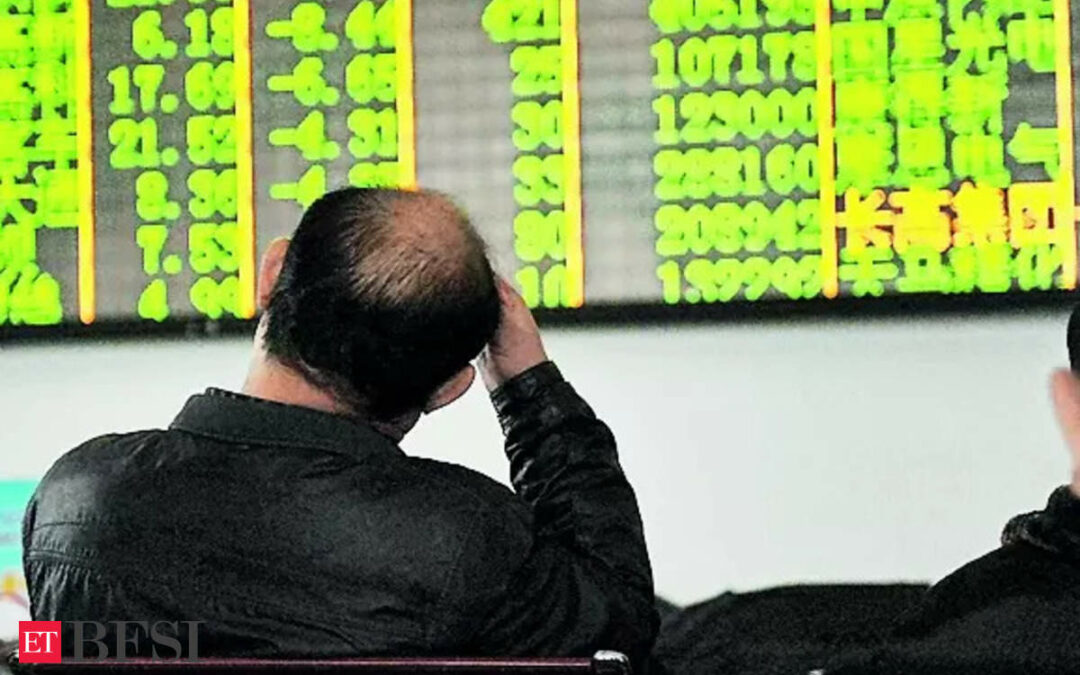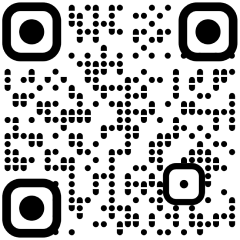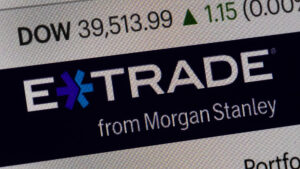As China’s embattled shadow banking giant Zhongzhi Enterprise Group faces a criminal probe, lawyers and analysts are assessing the damage to investors. One estimate puts that at about $56 billion. More than three quarters of investor cash would be lost, with just 100 billion yuan ($14 billion) being recovered from debt of as much as 460 billion yuan, according to one scenario outlined by Ying Yue, a lawyer at Leaqual Law Firm in Shanghai. He expects a slow and drawn-out court process, based on the experience of other cases.
Sun Jianbo, founder of Beijing-based asset manager China Vision Capital, said soured assets are typically sold with a 70% discount. That means investors may recoup about 13% of their money, based on Bloomberg calculations.
Authorities over the weekend said they’ve opened criminal investigations into the money management business of Zhongzhi, days after it warned of severe insolvency and revealed a shortfall of $36.4 billion in its balance sheet. Investors were urged to report leads and file their complaints online. The case is a wake-up call for wealthy Chinese investors who have often sought high returns in products sold by loosely regulated firms like Zhongzhi. The company first triggered concern in August after one of its trust affiliates failed to make payments to customers on high-yield investment products.Zhongzhi’s 200 billion yuan of assets would at best fetch about 100 billion yuan, Ying said in a social media post Saturday. That means investors could only get about 23% of their money back, based on the median of some 420 billion yuan to 460 billion yuan total debt Zhongzhi earlier revealed. The actual ratio could be much lower. The wealth manager said last week liquidity has dried up and the recoverable amount from asset disposals is expected to be low. Ying noted investment recovery ratios in similar cases are well below 23%. A criminal case that involves about 30 billion yuan is still awaiting a second trial ruling more than four years since the scandal broke out, he added, expecting legal proceedings of Zhongzhi to be much slower given its debt size.Shadow banks like Zhongzhi often pool household savings to offer loans and invest in real estate, stocks, bonds and commodities. In recent years, even as rival trusts pared risks, Zhongzhi and its affiliates, especially Zhongrong International Trust, extended financing to troubled developers and snapped up assets from companies including China Evergrande Group.
Founded in 1995, Zhongzhi has expanded into a sprawling empire that had more than 1 trillion yuan in assets at its peak. The group holds shares in six licensed financial institutions including Zhongrong International Trust, five asset managers as well as four wealth management firms, according to its website. It has controlling stakes in a string of listed firms across sectors.










